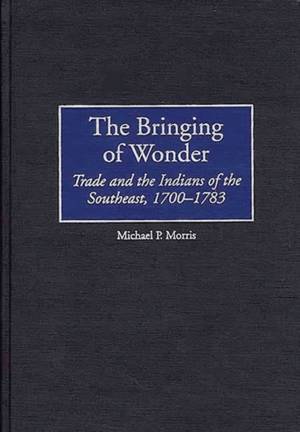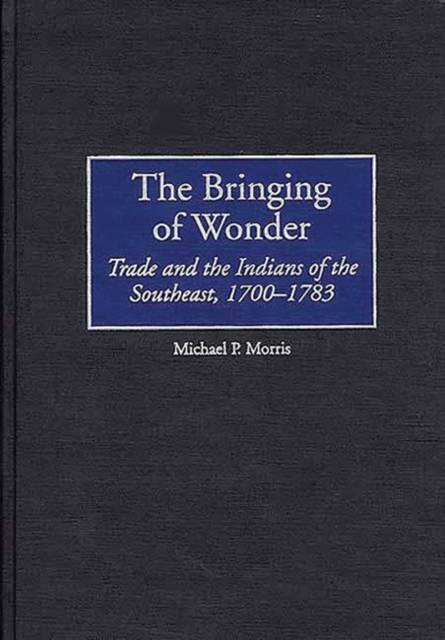
- Afhalen na 1 uur in een winkel met voorraad
- In januari gratis thuislevering in België
- Ruim aanbod met 7 miljoen producten
- Afhalen na 1 uur in een winkel met voorraad
- In januari gratis thuislevering in België
- Ruim aanbod met 7 miljoen producten
Omschrijving
In the relations between colonial European traders and the Indians of the southern backcountry, trade was a powerful manipulative tool used by both sides in their attempts to control each other. This anthropological and sociological study examines how European traders sought out native women as cultural instructors, translators, and sexual companions. The network of native women, fur traders, and colonial diplomats functioned as an invisible social, political, and economic web throughout the backcountry. Although this web was an integral part of the colonial struggle for the region, it is often overlooked or ignored in conventional histories.
Women played a key role in this system of economic exchange. They benefitted materially from this arrangement, while the traders enjoyed increased political power as a result of the cohabitation. These Anglo-Indian unions helped to impose Euroamerican values on native societies, and, in part, the women functioned as unofficial diplomats for their people. Colonial governments hoped that the efforts of these frontier traders would impose stability on the tribes, but the profit-seeking of many such traders often resulted in bloody conflict instead.Specificaties
Betrokkenen
- Auteur(s):
- Uitgeverij:
Inhoud
- Aantal bladzijden:
- 176
- Taal:
- Engels
- Reeks:
- Reeksnummer:
- nr. 36
Eigenschappen
- Productcode (EAN):
- 9780313308437
- Verschijningsdatum:
- 30/04/1999
- Uitvoering:
- Hardcover
- Formaat:
- Genaaid
- Afmetingen:
- 161 mm x 245 mm
- Gewicht:
- 462 g

Alleen bij Standaard Boekhandel
Beoordelingen
We publiceren alleen reviews die voldoen aan de voorwaarden voor reviews. Bekijk onze voorwaarden voor reviews.









